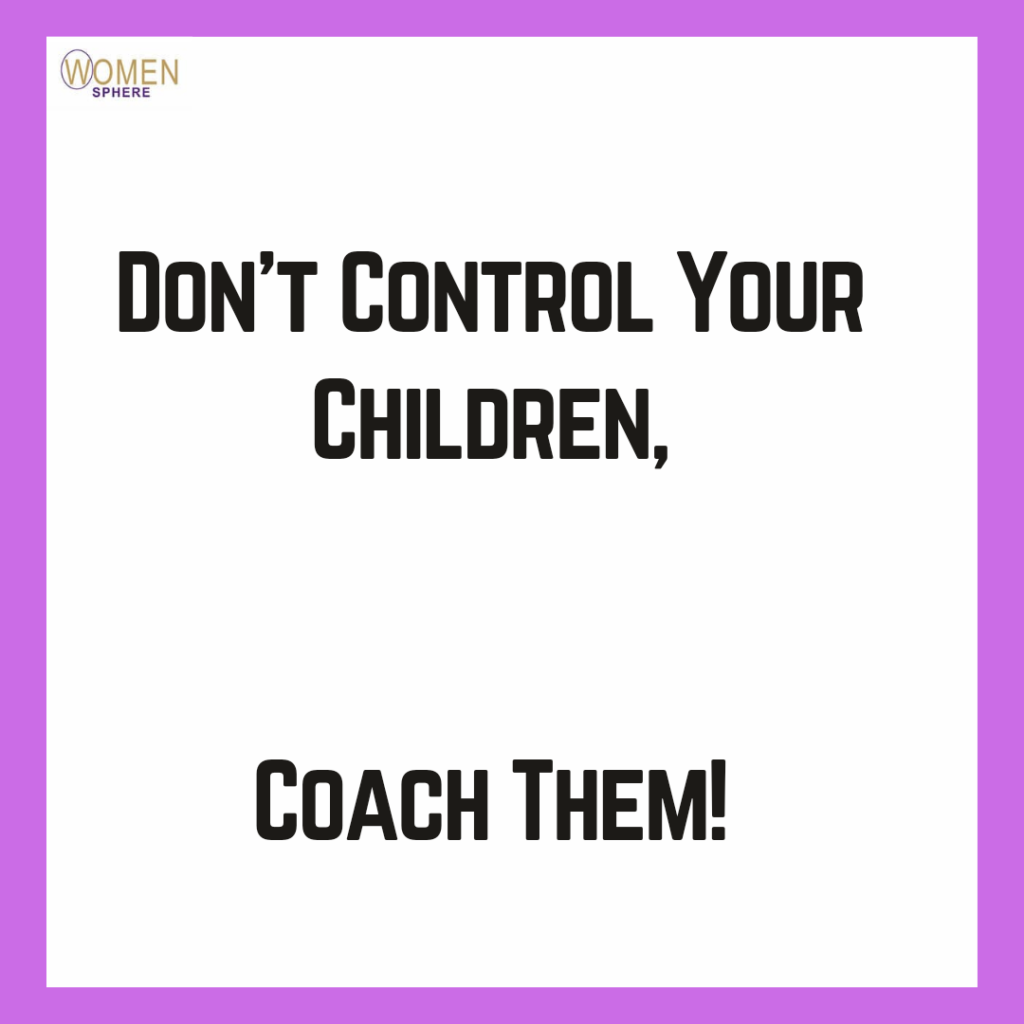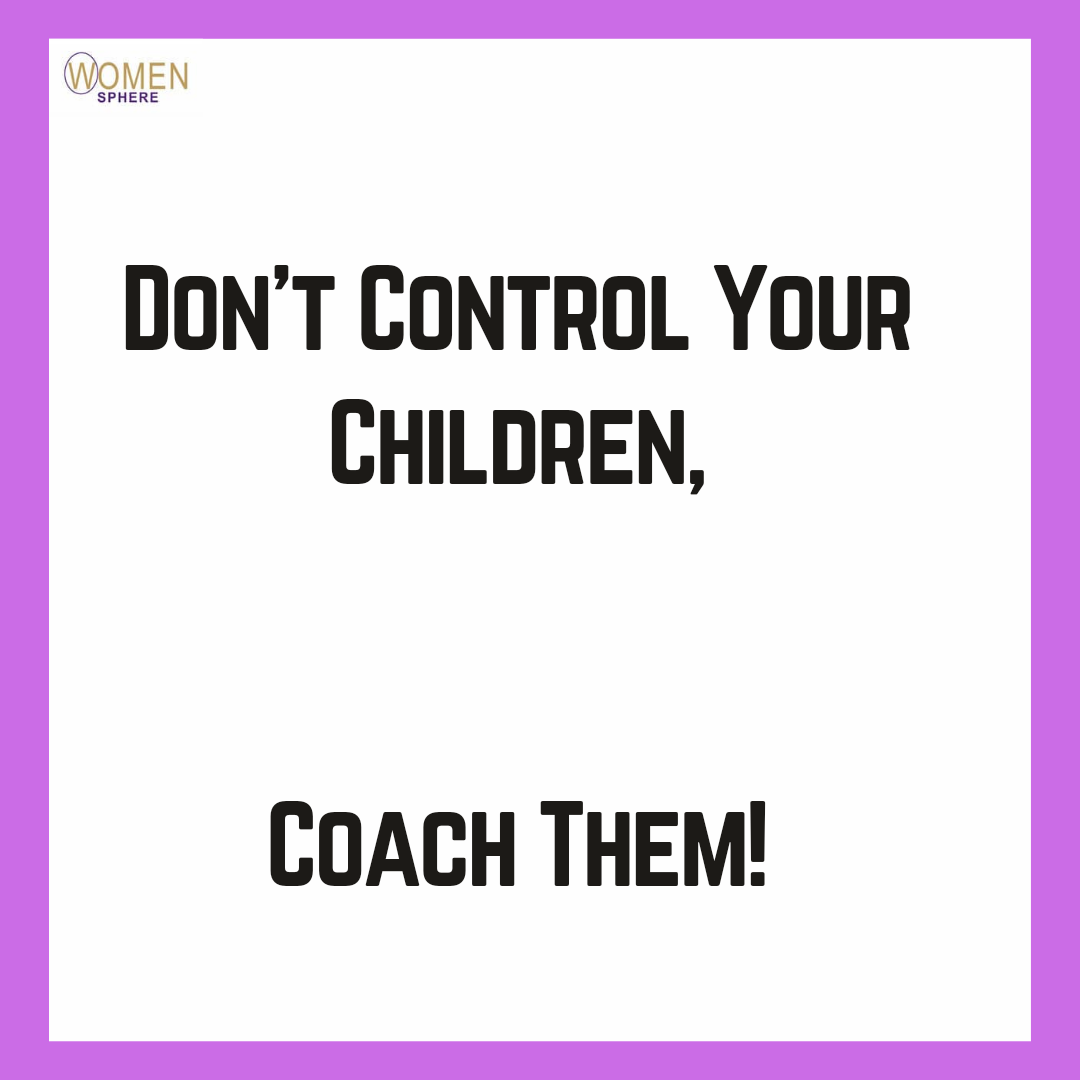
When I was told that frustration was good for my six year old daughter because the world will be full of frustrations when she grows up, I was beside myself. In my head, that was like saying that the world was cruel, so she should get used to it now and be cruel to combat it.
After speaking to my husband about it, we agreed that even though the world (and adulthood) is filled with frustrations, that should not be projected onto our children in such an obscene manner. What my husband and I agreed to do was raise our children to have the resilience to conquer that frustration and build upon it so that they become problem-solvers, not go-with-the-flow’ers.
However, in our society, it has become a common ideology that if an individual fails, then they learn how to build resilience subconsciously. But, when children continuously fail and do not receive the support that they need to keep trying… all they learn is that they failed, not how to conquer that failure. When they experience disappointment in their failure, that is only half of the learning experience.
They need to be taught that they can pick themselves up again, try again, and work to succeed. However, in children, this requires a lot of emotional support. This begins when the children begin to learn from overcoming the challenges that they face. But, they also learn when they experience success.
Unfortunately, if children continuously fail without support, then it was create a cycle that leads to lack of confidence, which will lead to giving up and more failure.
So, as parents, how do we teach our children resilience, and give them the emotional support that they need in order to succeed? I’ve made a list of examples below:
• Do not control your children. Coach your children.
As a coach helps children develop skills, the children are responsible for actually playing the game. When my husband began coaching our oldest daughter at softball, I learned this this fact to be true. My job as a parent is much like Jace’s job as a Coach: to support my children so that they can flourish and develop. At the beginning of learning how to play softball, Christine would throw in the towel and beg Jace to do it for her. But, he was stubborn and would not. When you do something for your children, it robs them of the ability and opportunity to become competent.
However, Jace stood beside Christine, and when they worked at it together, she mastered it in no time. When Jace played softball with her, it built Christine’s confidence. It did not just benefit her, however… it allowed both of us to let go of our anxiety that she could not do it.
• Help Your Child Build Confidence By Giving Them Manageable Challenges
Psychologists call this “scaffolding.” It’s definition is defined as the framework that we give our children that they take over and build on their own. When we as parents demonstrate how to do something or suggest a type of problem
solving strategy, that is when the children learn. When we assist them, then it helps them succeed when they try something new. It also helps give them the confidence to try something new. For example, we placed the idea in my youngest daughter’s head that she would be an amazing gymnast. She fought us every step of the way until she actually tried it, and found out that she loved it. It is imperative for your children to be able to trust themselves and step outside of their comfort zone before they reach their adolescence.
• Encourage!!!!!!!!!
Every single human in this world needs encouragement in once form or another. When a child is encouraged, then it makes them feel motivated and positive. But, it also gives them the inner voice that will help encourage them when you are not around for the rest of their lives. For example, research has proven that children who talk themselves through difficult situations find it much easier to conquer those situations and master those tasks. In our household, “can’t” is a very bad word.
We agreed that we do not use that word, because our children can if they set their mind to it. Christine hates homework, and she struggles when it comes to doing it because she is smart… but, she works too fast. So, when Jace and I help her, we tell her to take a deep breath, slow down, and think. Solve one problem at a time. What is that letter? What is that equation? See, you got this, Christine!
Even when Callen misses a swing at T-Ball, when Charlotte falls off of the balance beam, or when Christine goofs on one of her dance moves… we are there to encourage them to come out again in a comforting voice and motivate them.
It is important to not step your child up for extra frustration. In the long run, your children will master the ability to handle increasingly large amounts of stress and frustration as they attempt to face more difficult challenges. But, it is your job as a parent to be there to guide them so that they know how to handle it as times get tough later on in life. If you set your child up for frustration, then it will translate to them as you not caring, and lack of value. That is the exact opposite of what we want.
In the end, it is our job at parents to work ourselves out of the job of parenting. It starts when our children are young until when they are grown. All kids eventually will grow and live their lives without us holding onto them. But, how they live will rely on how we, as parents, are able to rise above our own anxieties and our own impulse control over what our child or children do, and how they do it.
You remember the age old saying about how when we give our children roots and wings, they will fly? Well, we will always love our children unconditionally. But, the children have both the unconditional love and the confidence from their parents will live bigger lives.










